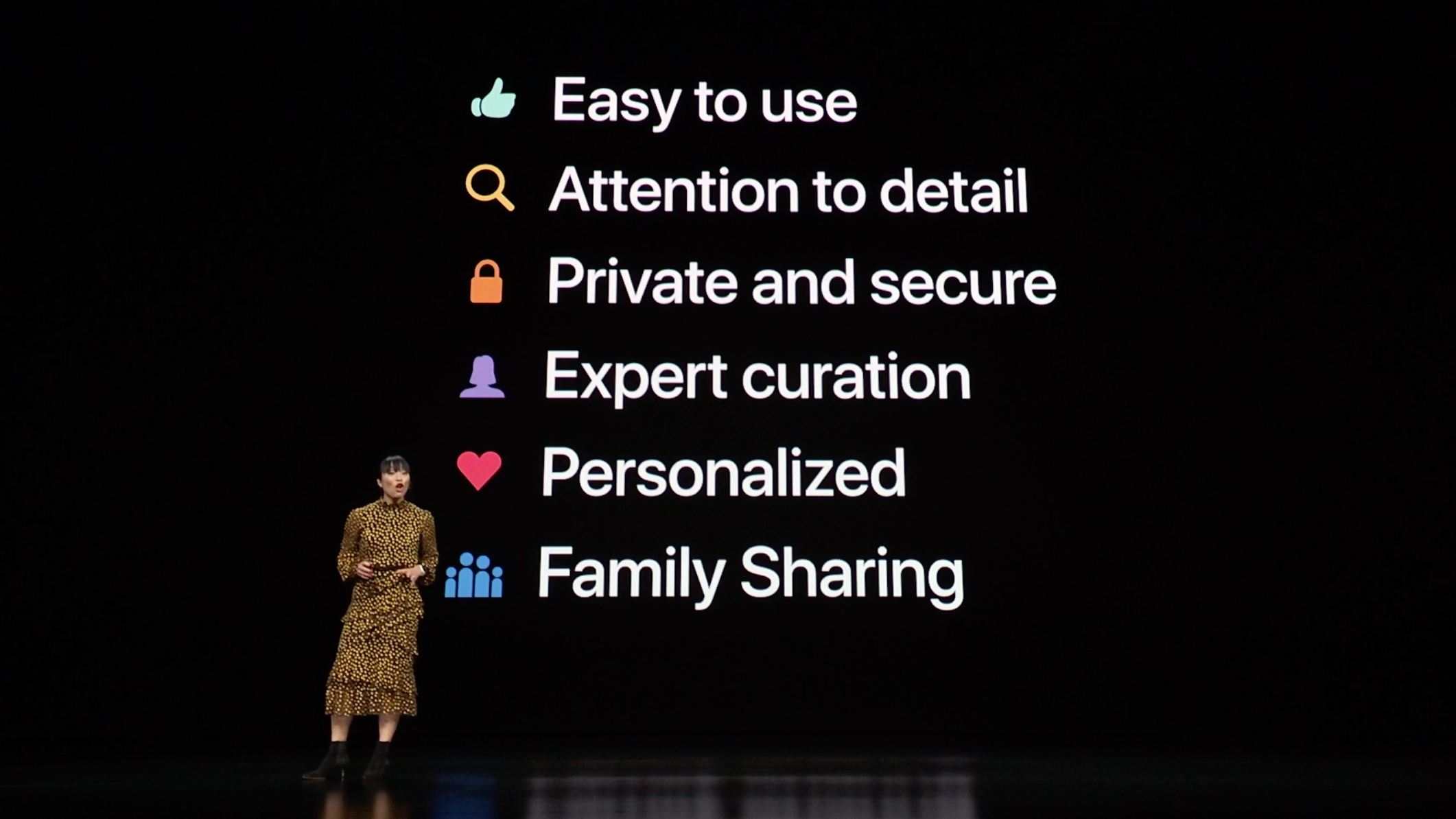From Apple News+ to Apple Card, Apple is pitching a more usable, private, and personalized future
You’ll likely already be aware of Apple’s new and upcoming services. Apple News adds Apple News+, a ‘Netflix for magazines’ subscription. Apple Arcade wants to be a ‘Netflix for games’. Apple TV+ will be a ‘Netflix minus actual Netflix’, given that Netflix itself doesn’t want to be integrated. And Apple Card… well, that’s where the whole Netflix analogy breaks down.
However, Apple’s services will nonetheless be alike in other ways, which were outlined by Apple during its event. How many specifically, it’s hard to say, but we counted five key foundations likely to underpin everything Apple does going forward.
Here’s what they are – and why they matter.
Easy to use
Apple has always prided itself on usability. You may pay a premium for Apple kit, but are rewarded with reliability, simpler set-ups, and superior user interfaces. That’s not to say Apple always gets things right; but a desire to sweat the details is infused into the company’s core ethos, rather than being slapped on as technology’s equivalent of a veneer.
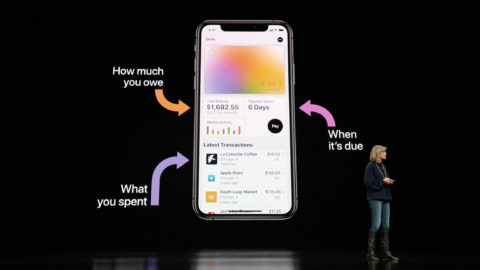
This is particularly apparent with Apple Card. During its event, Apple methodically dismantled rival systems, pointing at major – and arguably customer-hostile – flaws throughout the user journey. In each case, Apple aims to address these problems, in order to give you something better.
Private and secure
Arguably the main differentiator for Apple in modern technology is its stance on privacy and security. It’s not like other companies don’t care about these things, but their positions can be a mite more… flexible. Apple is almost absolute in its desire to lock down services in these areas – and with good reason.
We live in an online age where countless automated attempts to hack into systems occur daily. Furthermore, many of your actions online are tracked – and then used to sell you things. Look at something interesting in an online store – adverts will then follow you around for weeks.
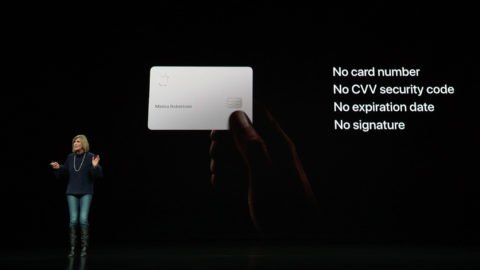
Apple has no truck with this. At every level, its services are private and secure – an inherent must for a credit card (see the image above for Apple’s innovations on securing a physical card), but also beneficial for content consumption. After all, why should corporations have the default right to know what you read, watch, and play?
Expert curation
With modern media, there’s just too much stuff. Open any TV app, news app, or the App Store, and you’re deluged with things to experience. Even Apple is guilty of talking up the numbers, bragging about hundreds of thousands of iOS games, and more TV than any one person could ever hope to consume.
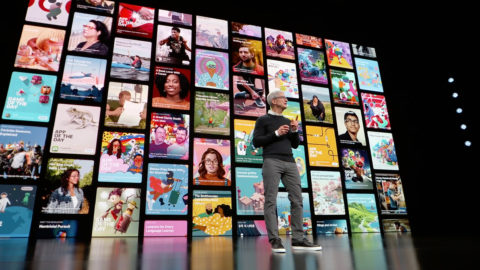
This is why Apple is increasingly backing its media services with curation. The aim is to use actual humans writing editorial copy to surface objectively high quality content.
With Apple Arcade, the company is going further, directly funding developers, and involving itself in the creation of a smallish selection of guaranteed high-quality titles. The result of all of these things should be that you spend more time reading, watching, and playing, and less time looking for things to entertain and inspire you.
Personalized
Mobile devices are inherently personal, and it’s no longer enough to merely feed everyone the same content. People at the very least want the option of a fast-track to things that are likely to interest them.
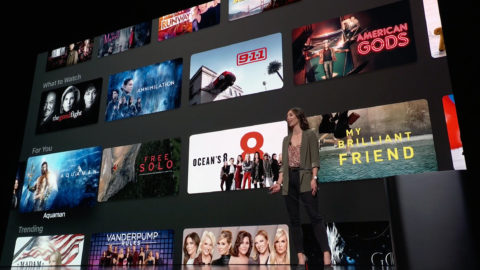
This is why alongside curation, Apple’s media services serve up recommendations based on prior habits. Other companies do this too, but Apple rolls in privacy as well, because the artificial intelligence component happens right on your device. In other words, Apple and its partners do not ever know what you’re doing, experiencing, or using.
On Apple Card, Apple makes things personal, but in a different way. The entire credit card experience becomes about you, replacing cryptic lists of payments with readable information, and making it a cinch to adjust payment terms and see their impact in real-time. Apple has long been keen on personal health; it now seems the company wants to be big in financial health as well.
Family Sharing
With its media services, Apple kept saying they would be compatible with Family Sharing. That’s great, because perhaps there’s finally a recognition at long last that families tend to share stuff. If you watch TV, you often won’t do so alone; magazines left lying around are often read by more than one person – so why not make that the case for digital content, too?
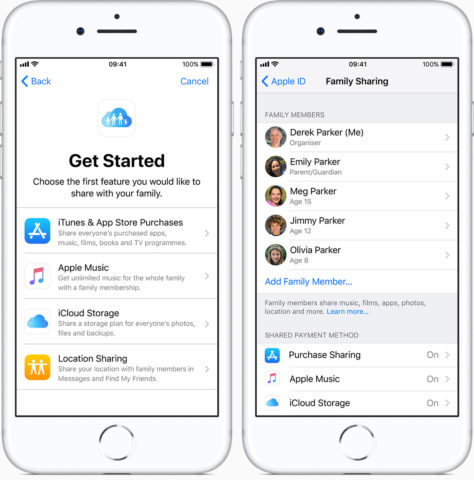
However, one final twist was Apple’s reveal that Family Sharing for at least some of its latest offerings would come at no additional cost – a rarity in an industry that until now has merely offered discounts for family rates. We can only hope Apple Music soon gets in on this particular act as well!
